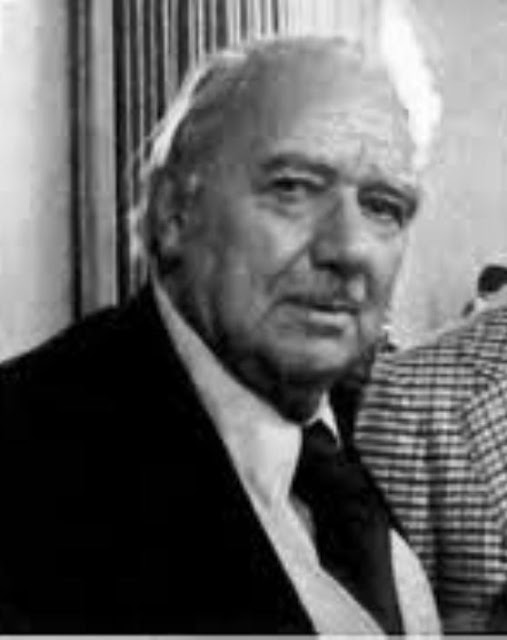Poppi had hurt her bad this time, worse than usual. She'd known it would be bad as soon as he'd walked in the door. It was after ten p.m., he was late and her baby-sitter Heather from down the street had left at seven.
She was sprawled in front of the blaring t.v., working on an ALADDIN coloring book she'd bought last year with lunch money she had secretly saved. She hadn't seen the movie, of course, but she liked to look at the bright printed scenes on the cover and the line drawings inside and pretend that she had. With her box of 64 Crayon colors, she could make the movie within the drawings look the way it did in her imagination. She liked the pictures in her head because they all hers, Poppi couldn't touch them.
When he'd come in he was muttering under his breath. He immediately crossed to the television set and lowered the volume to an inaudible level.
"Christ almighty, Stacey, you always have to blast the goddamn t.v.? Last thing I need is some complaint from the neighbors."
As he turned, his foot kicked the box of Crayons, and they flew in a multihued arc across the room. "Aw, what is this... ?"
Poppi picked up the coloring book, glanced at it once and then shook it in her face. "Stacey, how many times do I have to tell you, you're too old for this nonsense. You're ten years old, too old to play with this little-kid bullshit."
Stacey heard her Crayons crack under his shoes. Vermilion, Burnt Sienna, Cornflower Blue, three broken colors she'd never use again.














